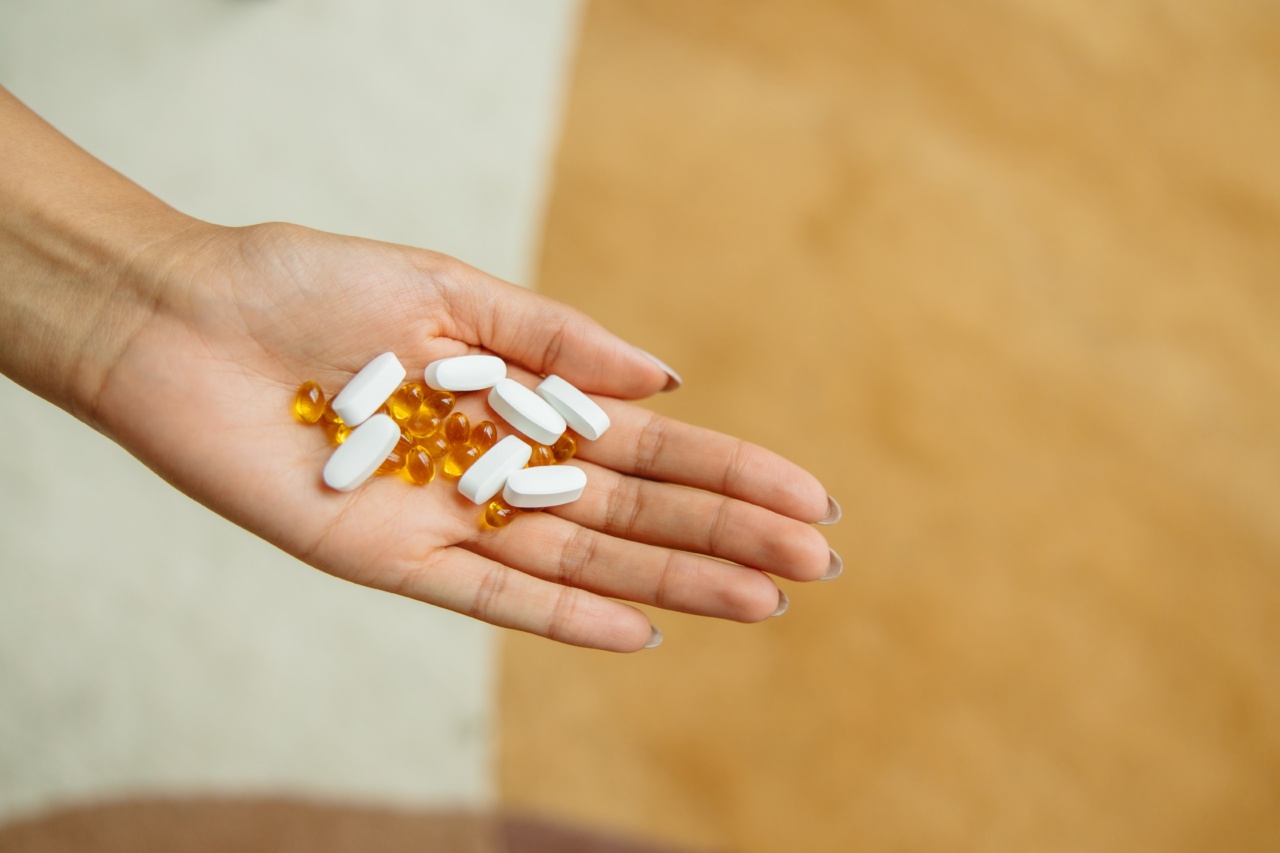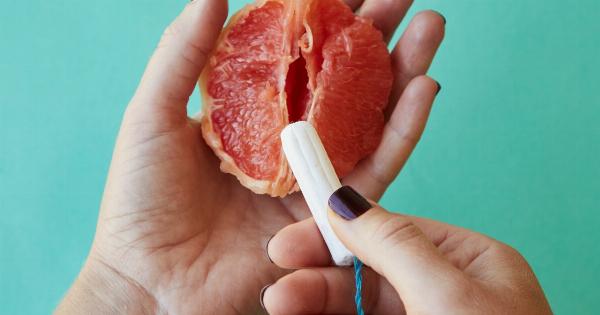Drug use and HIV/AIDS have been a major concern across the globe that affects the society in different ways.
The Okana Center of Rehabilitation and Education (Okana) is a non-governmental organization committed to reducing drug use in Nigeria and Africa. In recent years, Okana has implemented various programs aimed at curbing drug use and reducing its spread, particularly in populations most at risk. One of the significant outcomes of these efforts has been the decline in drug users with AIDS.
This article examines how Okana’s efforts have contributed to this achievement.
The Okana Center of Rehabilitation and Education (Okana)
Okana is a Nigerian non-governmental organization established in 2008. Its primary objective is to promote rehabilitation and education support for people who use drugs.
Over the years, Okana has been at the forefront of several initiatives aimed at reducing drug use and its associated harms in Africa. Its mission is to help drug users rebuild their lives, overcome addiction, and achieve sustainable reintegration into society.
Prevalence of Drug Use and HIV/AIDS in Nigeria
Drug use and the spread of HIV/AIDS are prevalent in Nigeria. According to data from the United Nations Office on Drugs and Crime (UNODC), Nigeria had an estimated 14.3 million drug users in 2019.
This figure is alarming, considering that Nigeria has a population of approximately 200 million people. Furthermore, the prevalence of HIV/AIDS in Nigeria is also high, with an estimated 1.9 million people living with the disease.
Okana’s Programs and Initiatives
Okana has implemented various programs aimed at reducing drug use and its associated harms in Nigeria and Africa. Some of these programs include:.
1. Community Outreach
Okana engages in community outreach to create awareness about the dangers of drug use and HIV/AIDS.
Through its outreach programs, Okana provides information, education, and communication (IEC) materials, counseling, and referrals for testing and treatment services to people who use drugs and those at risk of contracting HIV/AIDS.
2. Counseling and Rehabilitation
Okana operates a rehabilitation center for people who use drugs. The rehabilitation center provides counseling, detoxification, and rehabilitation services to patients.
Okana employs evidence-based practices, such as cognitive-behavioral therapy, to help patients overcome addiction and rebuild their lives.
3. Harm Reduction
Okana implements harm reduction programs aimed at reducing the negative consequences of drug use.
Some of these programs include the distribution of clean needles and syringes to people who inject drugs, condom distribution, and HIV testing and counseling services.
Outcome of Okana’s Efforts
Okana’s efforts have yielded remarkable results in reducing drug use and its associated harms in Nigeria. One of the significant outcomes of these efforts has been the decline in drug users with AIDS.
According to a report by the Joint United Nations Programme on HIV/AIDS (UNAIDS), the number of people living with HIV/AIDS in Nigeria has declined from 3.5 million in 2014 to 1.9 million in 2020. This statistic represents a 45% decline in the prevalence of HIV/AIDS in Nigeria.
Conclusion
Okana’s efforts have contributed to the decline in drug users with AIDS in Nigeria and Africa.
Its community outreach, counseling and rehabilitation, and harm reduction programs have helped reduce drug use and its associated harms, including HIV/AIDS. Okana’s initiatives provide a template that other organizations can adopt in curbing drug use and reducing its spread.































